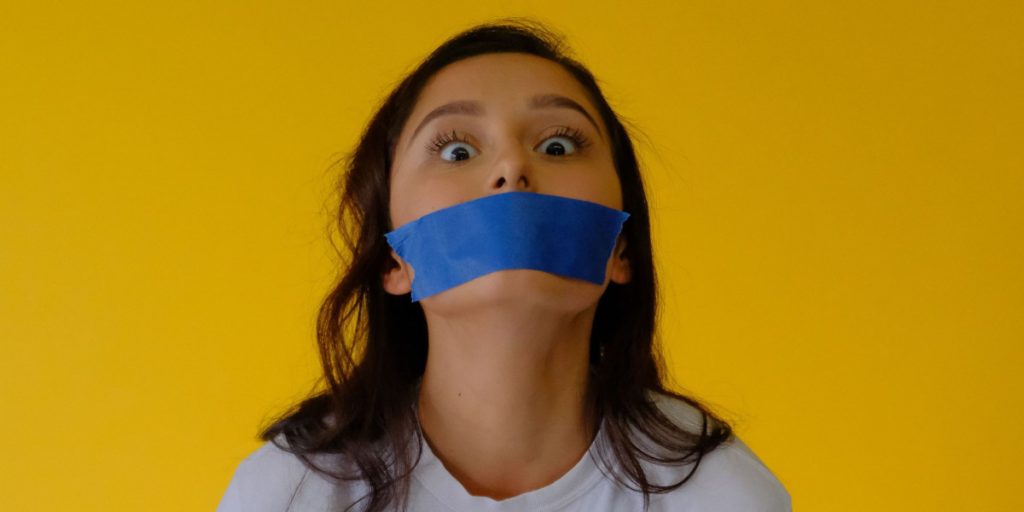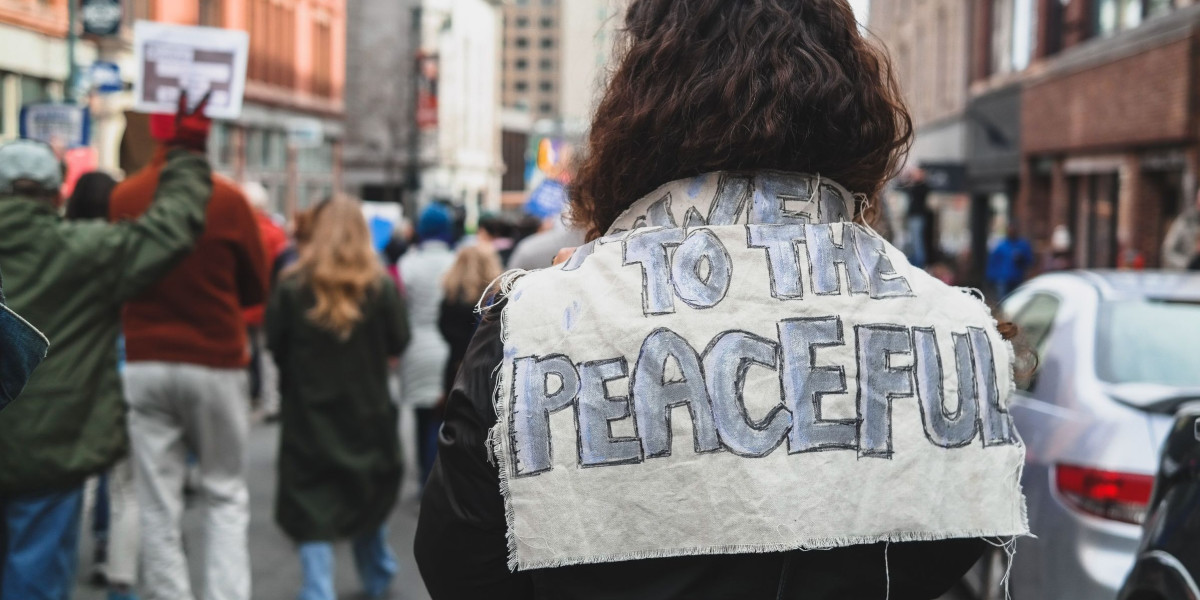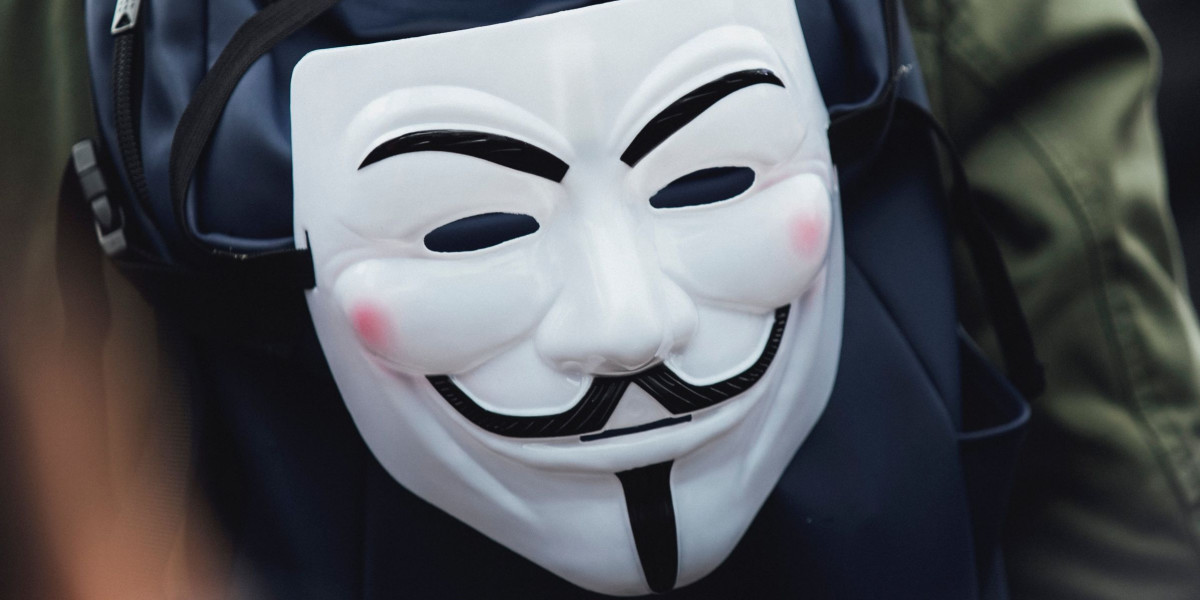Free Speech Definition: What Is Free Speech?

The History, Definition, And Importance
Free speech is about as incendiary of an issue as you can find today, save guns and abortion. So, why do people care about it so much? Why are some people in favor of saying whatever you want, whereas others believe there should be limits on speech? Is all speech truly considered “free” or do people have to abide by certain rules? Why do some people say whatever they want while applying double standards to others?
It’s these questions and more that we’ll examine in this post. Not only are there forms of unprotected speech, there are multiple ways in which free speech itself has been contested by various ideological groups. Let’s look at what free speech is first.
Free Speech Definition: What Is Free Speech?
If you think about the questions above, the answer to one of them, why is some speech considered free and other kinds aren’t, would likely be “because some speech isn’t free.” There are three main kinds of protected speech, all of which fall under what is known as the First Amendment to the United States Constitution.
The First Amendment states, “Congress shall make no law respecting an establishment of religion, or prohibiting the free exercise thereof; or abridging the freedom of speech, or of the press; or the right of the people peaceably to assemble, and to petition the government for a redress of grievances.” There are many important examples of free speech, some of which include Hemingway, Lincoln, and Nixon. Without the First Amendment, there is no free speech.

The History Of Free Speech
The United States has become home to a host of diverse viewpoints on the subject of free speech. Some find that the right to free speech should apply to all and not be restricted by certain societal rules. In this view, there should be an unwritten societal rule that says what’s good or bad speech shouldn’t be regulated. People can say and believe whatever they want, but they can’t be punished for doing so.
Another viewpoint says that free speech should be restricted to some extent and not allowed to manifest in public. In this view, people should have to abide by certain rules of etiquette–etiquette which is designed to ensure that people can communicate. This may mean that certain topics are better left unsaid in public.
Defining Free Speech
This is probably the most contentious part of the whole issue of free speech. While it’s simple enough to state the free speech definition is any kind of speech, the boundaries of what “free speech” is have been debated endlessly by people throughout history. In his article, “What is Free Speech?” Professor Steven Postwicz of the University of Massachusetts and Elizabeth Stone of the John F. Kennedy School of Government assert that free speech should be defined as any speech or acts that doesn’t violate anyone’s physical or legal rights.
But in this digital age, this definition is anything but clear. As a result, you can find a wide variety of opinions on what speech is truly free, and how that definition applies to one’s perspective.
Why Is Free Speech So Important?
There’s nothing more fundamental to human beings than the ability to express themselves freely and without persecution. If you don’t believe this, just look at how the freedom of speech is such a central part of the American political narrative. But, even more compellingly, do the definitions of these terms ring a bell?
It’s useful to acknowledge some important facts about this political discourse. The debate around free speech is a centuries-old one that’s taken place in various societies and political systems. For a long time, people believed that government had an obligation to guarantee citizens’ ability to speak their minds and to express their political views. Many still believe this, which is why some recent conflicts over free speech have been so vicious.

Protected Speech
It’s necessary to define what “protected speech” means when analyzing a free speech definition. One ought to recognize that these types of speech are protected, regardless of what’s said. Here’s what you need to understand about the results of protected speech: It can’t be punished for libel or slander. It can’t be punished for defamation. You can’t be punished for making it known that a person is violating federal or state law. It can’t be punished for threatening or inducing someone to commit a crime. You can’t be punished for defaming someone by stating their private acts. It can’t be punished for publishing false information.
Free Speech In Schools
In the late 19th and early 20th century, the Supreme Court dealt with the issue of free speech. Schools were responsible for educating and promoting democracy, and had to comply with rules and regulations, such as following the First Amendment. The initial schools that began implementing free speech guidelines included Bryman University and the University of Chicago.
The decision to let students voice their opinions was not without controversy. At the University of Chicago, the student body was evenly split on whether the school should allow free speech or not, according to the New York Times.
What Is Hate Speech?
There are two types of speech that can be seen as hateful or inciting violence. The first is the most common and includes anything from Holocaust deniers to neo-Nazis. The second is the most controversial, as it includes everything from criticisms of Islam to rape and murder.
The first type is protected by the First Amendment, and the second isn’t. The Anti-Defamation League defines anti-Semitism as follows: “Antisemitism is a certain perception of Jews, which may be expressed as hatred toward Jews. Rhetorical and physical manifestations of antisemitism are directed toward Jewish or non-Jewish individuals and/or their property, toward Jewish community institutions and religious facilities.”

Conclusion
Before we wrap up, let’s mention a few things. This isn’t a comprehensive list of free speech issues, but rather an overview of the free speech definition. As we covered, some forms of free speech are protected by law and some of them are not.
Freedom of speech is sometimes discussed in a vacuum, and there are multiple nuances involved in the discussion. BHDM never claims to speak for anyone, but we hope you can take what you learn from this as you go forward.
BHDM views speech in itself as free. Free speech is one of the greatest features of our country. We will continue to fight for and defend the right to free speech for all.





